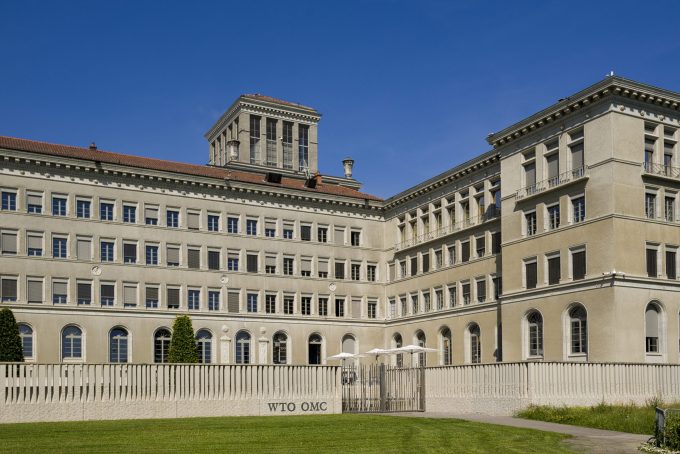Davos: 'a whiff of decay' amid Red Sea fears, war fatigue and 'AI doom'
It is not a new observation that business and political elites probably do themselves no ...

The prospects for the global economy have darkened since the outbreak of war in Ukraine, according to the World Trade Organization (WTO).
It says the logistics sector could be operating in less favourable market conditions this year than initially anticipated.
In its latest analysis on the outlook ...
Comment on this article